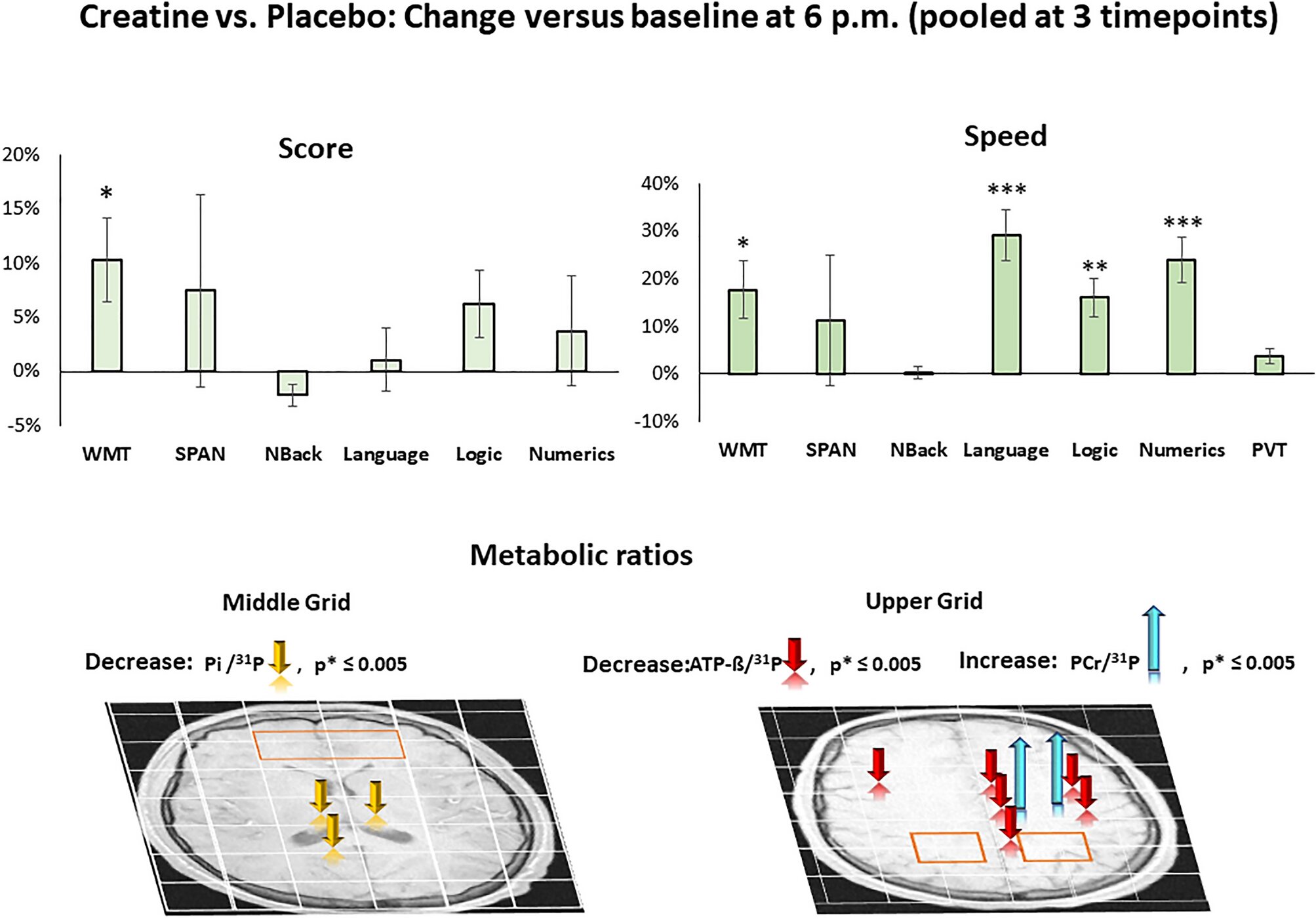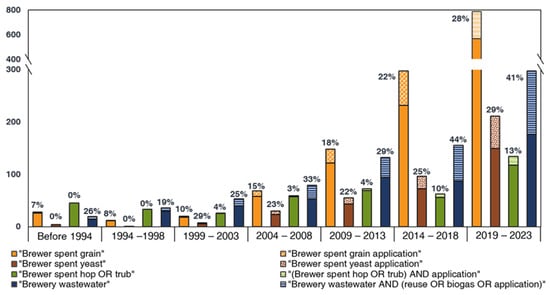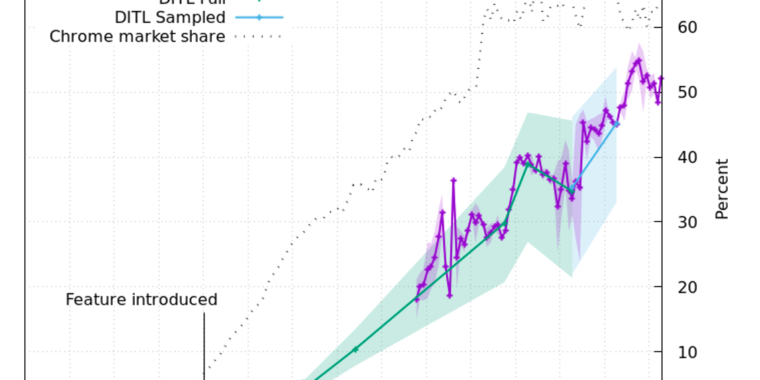
China Is Pulling Ahead in Global Quantum Race, New Studies Suggest
The competition between the U.S. and China over development of quantum technology has implications for both the future of science and the two countries’ political relations
When a team of Chinese scientists beamed entangled photons from the nation’s Micius satellite to conduct the world’s first quantum-secured video call in 2017, experts declared that China had taken the lead in quantum communications. New research suggests that lead has extended to quantum computing as well.
In three preprint papers posted on arXiv.org last month, physicists at the University of Science and Technology of China (USTC) reported critical advances in both quantum communication and quantum computing. In one of the studies, researchers used nanometer-scale semiconductors called quantum dots to reliably transmit single photons—an essential resource for any quantum network—over 300 kilometers of fiber, well over 100 times farther than previous attempts. In another, scientists improved their photonic quantum computer from 76 detected photons to 113, a dramatic upgrade to its “quantum advantage,” or how much faster it is than classical computers at one specific task. The third paper introduced Zuchongzhi, made of 66 superconducting qubits, and performed a problem with 56 of them—a figure similar to the 53 qubits used in Google’s quantum computer Sycamore, which set a performance record in 2019.
“It’s an exciting development. I did not know that they were coming out with not one but two of these [quantum computing results] in the same week,” says Scott Aaronson, a theoretical computer scientist at the University of Texas at Austin. “That's pretty insane.”
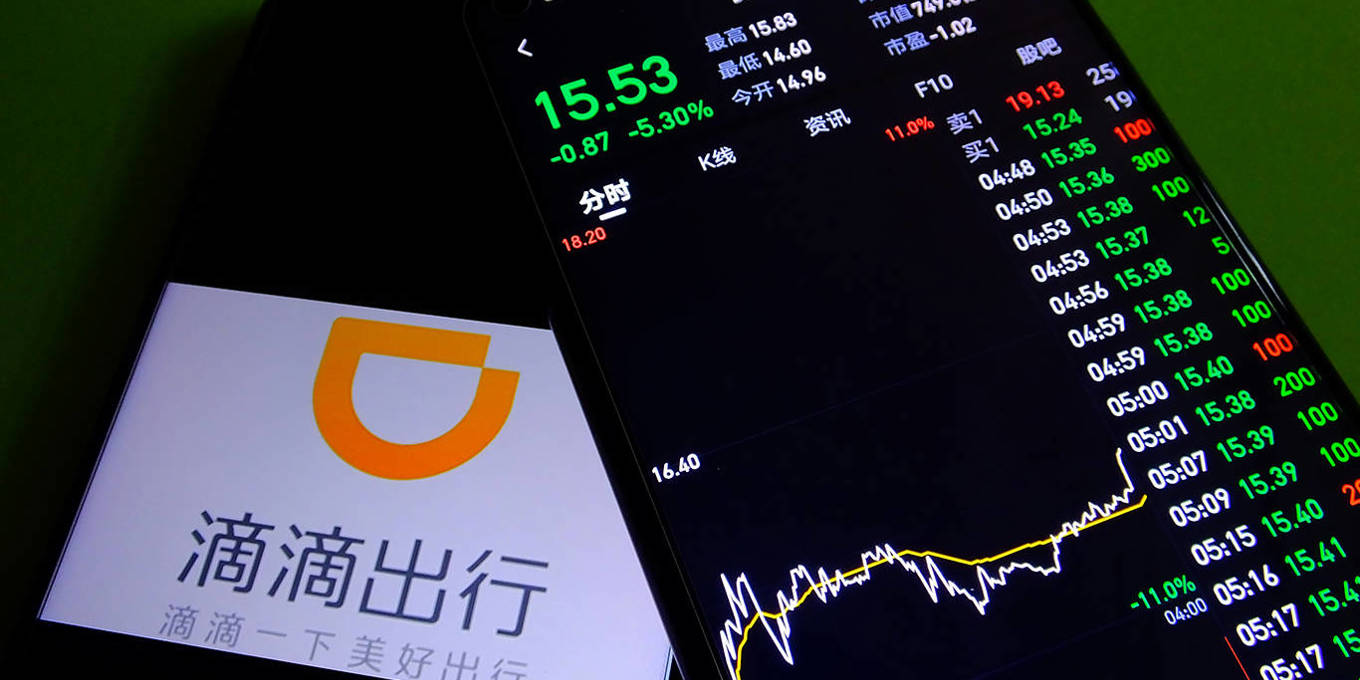
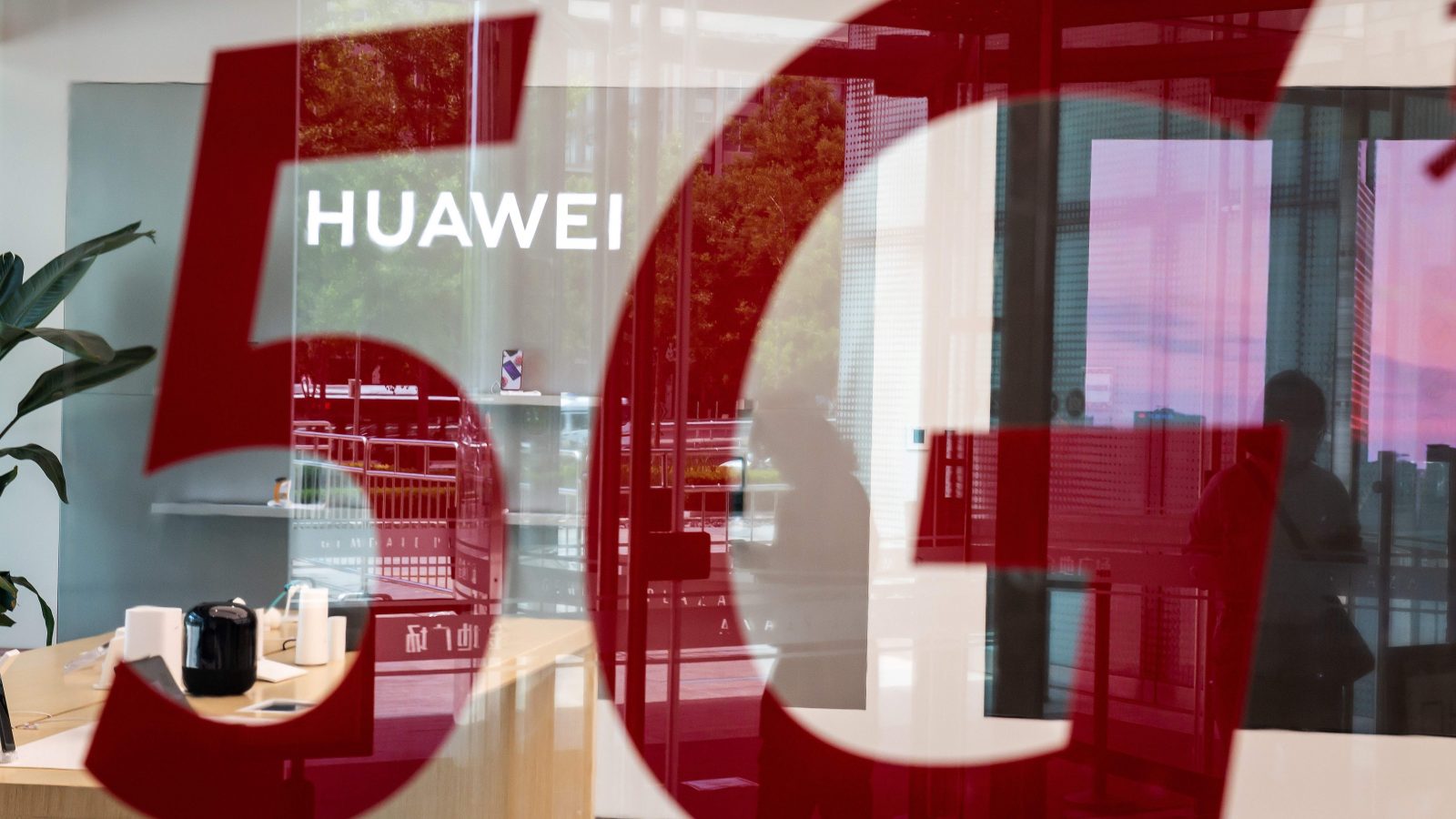








/cdn.vox-cdn.com/uploads/chorus_asset/file/24801728/Screenshot_2023_07_21_at_1.45.12_PM.jpeg)



